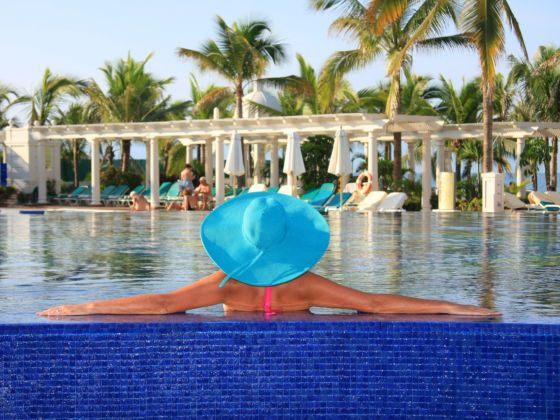However many platitudes they spout about being open-minded, travelers are notorious for judging other travelers: Backpackers write off luxe hotels as international ivory towers. Luxury travelers avoid hostels like they’re radioactive. Eco-travelers, perhaps justifiably, regard sustainable tourism as superior.
Experiential travel topped the hierarchy in the days immediately before the pandemic. Tourists are trading their parent’s old travel guides for immersive itineraries — a trend Airbnb helped elevate with the launch of its Experiences in 2016. Meanwhile, the once-acceptable dream of a vacation spent glued to the pool bar of an all-inclusive resort somewhere in the Caribbean is beginning to feel like a guilty pleasure.
